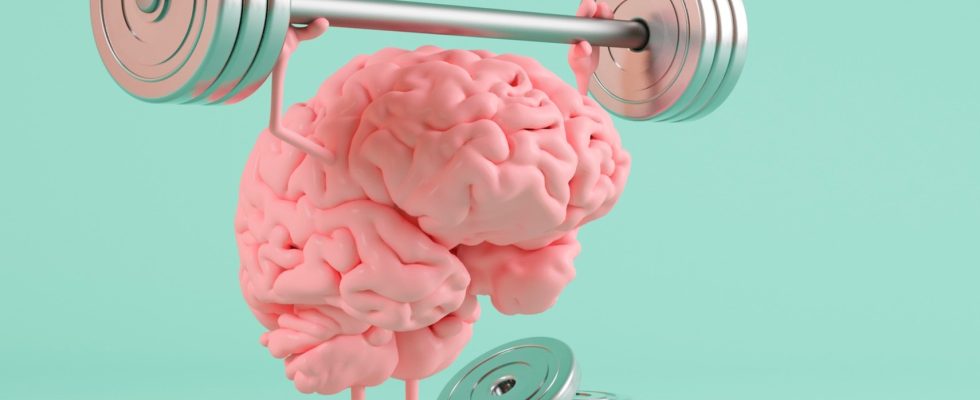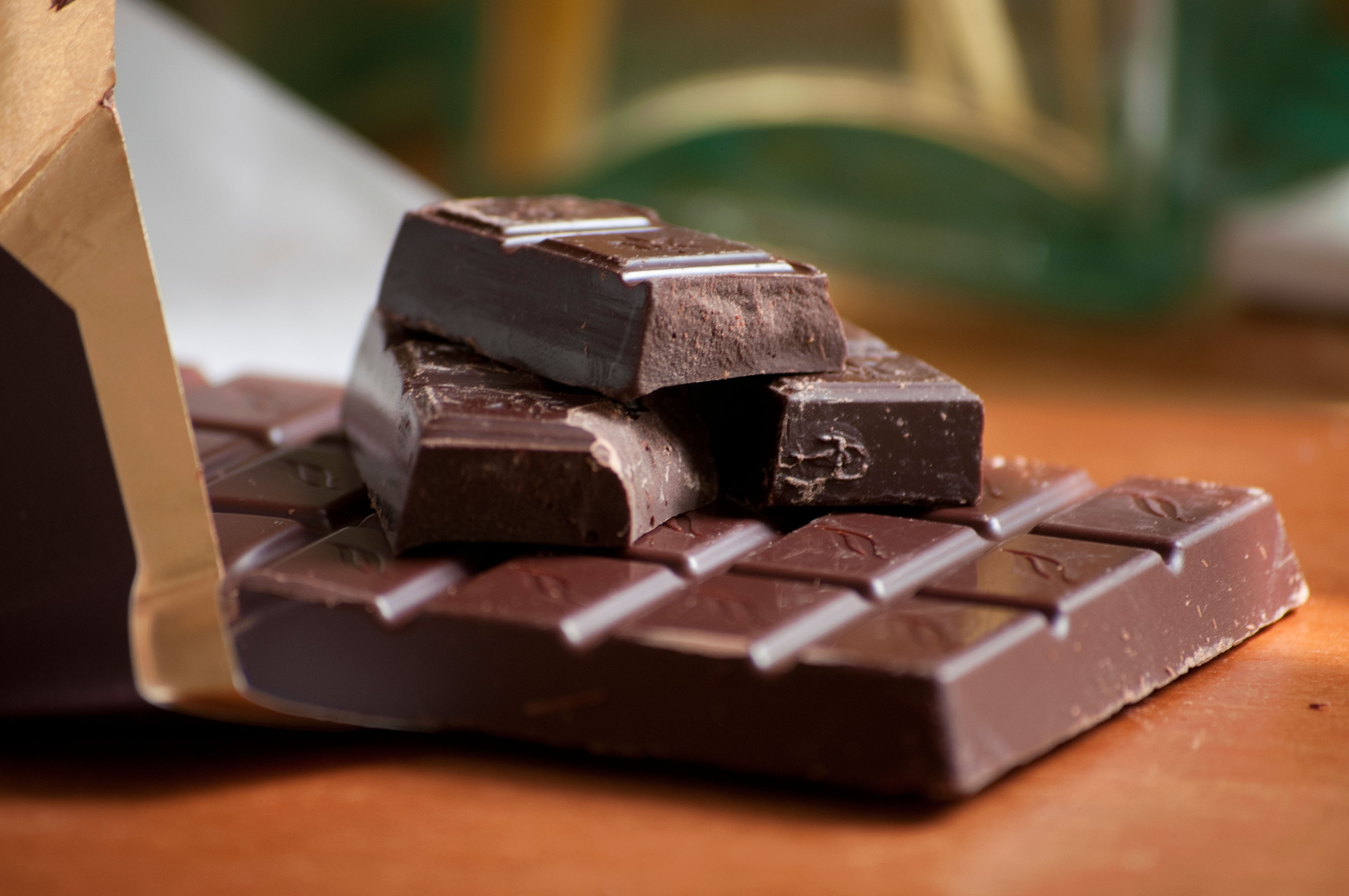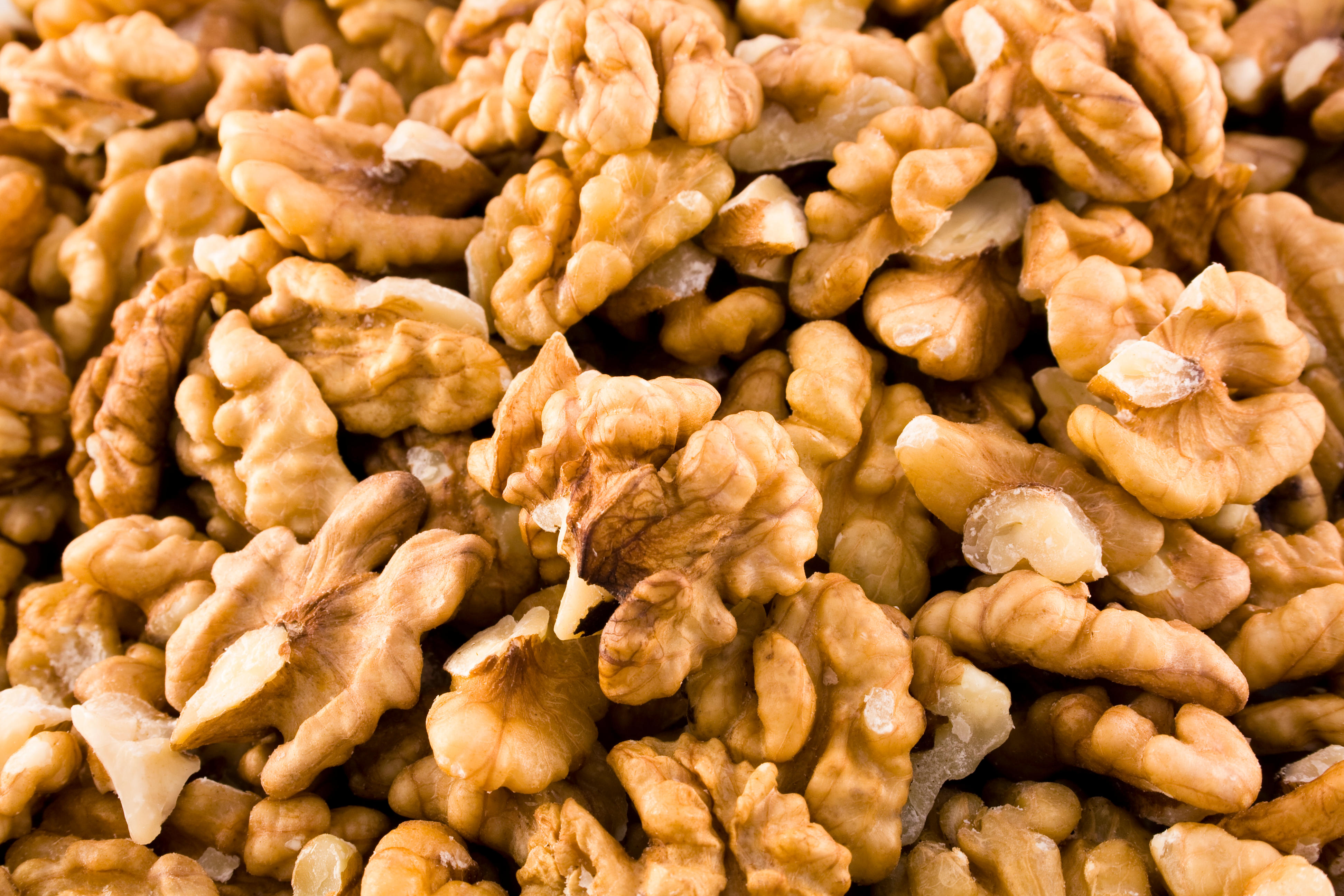STRUGGLE to remember your neighbour’s name? Simply sniff a sprig of rosemary!
If you walk into a room and wonder what you went in for – wiggle your eyes.
And if you’re always forgetting what you’ve done with your keys, just clench your fists.
Scientists say these are just some of the quirky cures for a poor memory.
But what else can you do to re-train your brain?
Eight times World Memory Champion Dominic O’Brien tells The Sun: “Unless there is a serious physiological disorder, I believe we can all greatly improve our memory power.
“It’s just a matter of knowing and applying special techniques as well as practising them on a daily basis.”
Dominic, who can memorise a shuffled deck of playing cards in just 45 seconds, recommends playing Kim’s Game – an exercise used to develop your capacity to observe and remember details.
He suggests challenging your mind by taking 10 minutes each day to memorise a list of 20 items.
The memory whizz adds: “Your memory thrives on making connections, so try creating associations between each of the items by forming a chain of links.
“For those who had to switch from the cut and thrust of everyday work to a more sedentary way of life due to lockdown and working from home, mental acuity could well have suffered so this may be difficult.
“With little to no demand for quick decision making and personal interactions, concentration levels and memory could well have taken a set back.
“However, the brain can quickly restore its fully functioning self and return to a challenging and stimulating environment.”
How to play Kim’s Game
You will need:
- A tray
- A collection of objects (e.g. keys, a hairbrush, a pencil)
- A cloth to cover them
- Two or more players
How to play:
- One player collects a group of objects, lays them out on the tray and covers them with the cloth
- When player two is ready, player one removes the cloth and player two has 10 seconds to look at the objects before they are covered up
- Player two then has to remember what was on the tray
- Take it in turns to play the game to see who can remember the most
Variations:
If you have more players, you can work in pairs or each player can write what they remember on a piece of paper.
You can increase the number of objects on the try to make it harder.
Try giving yourself a longer or shorter amount of time to memorise the objects.
Use words to describe the objects as well – e.g. a yellow pencil, an apple-sized dog toy.
Experts from around the world have identified a host of other tricks to boost your grey matter.
So from cooing over cute animals to wearing the colour red, here are 28 things you can try to enhance your powers of recollection.
1. Put green tea in your pasta
Firstly, you can fortify your food by infusing cooking water with green tea.
It’s packed with neuroprotective micronutrients which can help improve memory and attention, according to psychologist and nutritionist Kimberley Wilson.
2. Hold it in
Don’t fancy green tea? Try waiting a short time when you need a wee to activate a part of your brain that helps resist sudden urges.
It’s said to improve willpower and aid concentration – both thought to boost your brain cells.
Researchers in the Netherlands found people who needed to use the bathroom scored higher than those who didn’t on difficult mental tests.
3. Snack on dark chocolate
Adding cocoa into your diet provides a powerful dose of antioxidants called flavonoids, which can be beneficial to the mind.
Italian scientists have shown it increases blood flow to the brain regions involved in learning and memory, especially the hippocampus.
4. Have a rest
Taking 15 minutes to think of nothing helps clear the brain and aid long-term recall, studies suggest.
The concept was first documented by German psychologist Georg Elias Muller in 1900, but a study at Edinburgh University in the 2000s showed the technique dramatically improved the memory of patients with neurological injuries.
A short period of quiet contemplation helped solidify information 11-fold.
4. Sniff a sprig of rosemary
It has long been known as the ‘herb of remembrance’, and research has shown rosemary can improve mood and recollection, particularly in older people.
One study by students in Newcastle found the smell in oil form significantly enhanced the memory of healthy over-65s compared to no aroma.
5. Look at cute animals
Japanese scientists found students who spent several minutes looking at adorable puppies and kittens before playing a game of Operation performed 44 per cent better than those who didn’t.
The increased level of focus is said to improve attention to detail and enhance the ability to recall information.
6. Get your vitamin D levels checked
Deficiencies have been linked to greater risk of dementia, with an Australian study published in the American Journal of Clinical Nutrition finding that sunshine could help ward off mental decline.
Further genetic analysis found up to 17 per cent of cases could be prevented with higher vitamin D intake – so more time outside or a simple supplement could be the answer.
Contact your GP to find out if you have insufficient levels and discuss getting some more D-packed foods like salmon and eggs into your diet.
7. Use unusual fonts
Switching a standard typeface for something harder to read increases the concentration required.
Psychologists at Princeton and Indiana University found students who studied texts in unfamiliar fonts outperformed those who read Arial, as it was more difficult for the brain to process.
8. Eat less sugar
Sweet foods not only cause weight gain and tooth decay, they can also increase brain inflammation and impair memory, experts have shown.
A 2017 study in the journal Appetite found that the memory damage caused by sugar consumption can be reversed by following a low-sugar, low-GI diet.
9. Clench your fists
People who ball up their hands while trying to learn something new are better at recalling information than those who don’t, a study in PLOS One suggests.
Researchers at Montclair State University in New Jersey recommend clenching your right hand when memorising phone numbers and shopping lists, and then your left when you want to recall them.
10. Stay mentally active.
Doing crosswords, playing bridge, taking alternative routes when travelling, or learning a new skill can all help keep the brain agile.
A study by the University of Edinburgh found those who played games like bingo or dominoes several times a week had higher IQs than those who didn’t.
Even testing your knowledge on a weekly basis at a pub quiz could refine your focus and sharpen your mind.
11. Wear red
The colour red has been shown to aid concentration, attention span and accuracy.
In 2015, scientists found people remembered red objects far better than blue or green ones.
The authors said it was likely because red is associated with danger and stronger emotions, like anger and love, which makes us more likely to pay closer attention.
12. Wiggle your eyes
Moving your eyes side to side for 30 seconds can help you recall more information and improve the accuracy of your memory.
According to British psychologists Andrew Parker and Neil Dagnall, the movement increases brain activity between the two sides, which enhances memory.
In 2007, they asked people to listen to 150 words, organised into 10 themes, then move their eyes either left and right for or up and down for 30 seconds, or stare straight ahead.
They then listened to a mixture of words – 40 they’d head before, 40 unrelated ones, and 10 that were new but matched one of the original themes.
Those in the ‘wiggle’ group performed better when asked to say which words they had heard before – and crucially, they were fooled less often by the ‘lure’ words.
13. Snack on walnuts
Walnuts contain high levels of omega-3 fatty acids and antioxidants, which are said to improve learning and protect against Alzheimer’s disease.
Experts at the David Geffen School of Medicine at UCLA, Los Angeles, recommend a small handful a day to boost cognitive function.
14. Have a laugh
They say laughter is the best medicine, and there is evidence to back that up.
A good giggle decreases the stress hormone cortisol which improves short-term memory, say scientists in California.
In a study published in Adv Mind Body Med, they said: “Humour can have clinical benefits and medical practitioners can offer positive, enjoyable, and beneficial humour therapies to improve age-associated memory deficiencies.”
15. Up your omega-3 intake
Fatty acids help preserve cognitive functions and slow ageing of the brain, according to several studies.
The Alzheimer’s Society says: “Omega-3 is important for our brain throughout life, from early cognitive development in foetuses to learning and memory in adults.
“Brain cells with high levels of omega-3 in their membranes are thought to be better at communicating with other cells, an important process for brain function.”
Omega-3 can be found in tuna, mackerel and flaxseed, and in fish oil supplements.
16. Look at trees.
Head outside for a walk – or even looking at a photo will do.
Dr Marc Berman and fellow researchers at the University of Michigan say spending time in natural settings, or even looking at pictures of nature in a quiet room, could do wonders for your noggin.
He found performance on memory and attention tests improved 20 per cent after participants went for a walk through an arboretum.
17. Drink more water
Dehydration can hinder focus and memory, experts say.
A study in schoolkids found youngsters who drank plenty of water recalled information significantly better than those who didn’t.
The NHS Eatwell Guide recommends six to eight glasses of fluid a day, with water, lower fat milk and sugar-free drinks, including tea and coffee, all counting.
18. Try to remember before turning to Google
Search engines are fuelling a modern-day condition called digital amnesia – a term coined by Kaspersky Lab.
We fail to remember information because we rely on our phones to immediately hand it to us, experts say – so test your brain before turning to Google.
19. Stop multitasking so much
Multitasking reportedly sends our brains into overdrive, ultimately making us less efficient and more forgetful.
Dr Gary Small, author of 2 Weeks to a Younger Brain, says a quick glance at your phone while you’re meant to be doing something else can triple your chances of making a mistake and interfere with short-term memory.
20. Cook a curry
The golden spice turmeric, a staple in many curries, is rich in curcumin, which has been shown to give the brain a boost.
It has antioxidant and anti-inflammatory properties that could prevent brain cells dying.
A twice daily dose improved memory test scores of adults aged 51 to 84 in an 18-month-long study.
21. Use mnemonic devices
Associations, rhyming, alliteration, acronyms and chunking information together can help hard-to-remember information stick.
The technique is a favourite of memory man Dominic O’Brien who swears by assigning numbers to images or letters, as well as imaginary journeys through a sequence of places.
He says the system allows you to easily memorise up to 4,000 digits.
22. Copy Popeye
Leafy greens like spinach could make your brain up to 11 years younger, according to researchers in Chicago.
It’s down to its vitamin K, folate and beta-carotene content.
The team found those who incorporated at least one helping a day into their diets were more likely to be mentally sharp.
23. Light a candle
Smells have been proven to trigger memories better than sound.
And sniffing a scent while learning, and then again during sleep, can help you recall information better, research shows.
German students who kept rose-scented sticks next to them while they learnt English, and while they slept, performed 30 per cent better on memory tests than those who did not.
24. Drink wine
One glass of red wine or grape juice a day could improve memory as it contains resveratrol – a flavonoid that boosts blood flow in the brain.
One study discovered elderly rats treated with the antioxidant enjoyed far better blood flow, memory and other brain growth than those not given it – and the same could be true in humans.
25. Or, indulge in a glass of bubbly
A few glasses of fizz a week could reportedly improve the part of the brain that remembers information about our environment.
Professor Jeremy Spencer, from Reading University, said the phenolic compounds found in the black grape used for Champagne helps stave of forgetfulness.
26. Learn to salsa
Complicated dance routines to music with strong rhythms can enhance the brain’s problem-solving ability and give memory a boost, scientists claim.
A study carried out by Coventry University academics for BBC One’s The Truth About Getting Fit with TV doctor Michael Mosley found salsa dancing improved people’s visual spatial working memory an average of 18 per cent.
27. Sleep well
Without adequate sleep, the brain becomes foggy and it is difficult to remember things.
The Sleep Foundation says: “Not sleeping or getting enough sleep can lower your learning abilities by as much as 40 per cent.”
Health experts recommend getting six to nine hours every night, and sticking to a strict bedtime routine.
28. And if all else fails…
Simply stare out of the window.
Research has shown that daydreamers think more clearly when they are not distracted by computer screens.
Australian neuroscientist Dr Fiona Kerr said it gives the brain a break, allowing it more opportunity to recall information.



